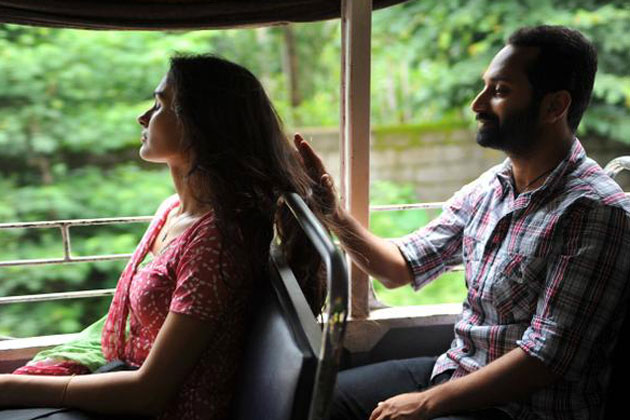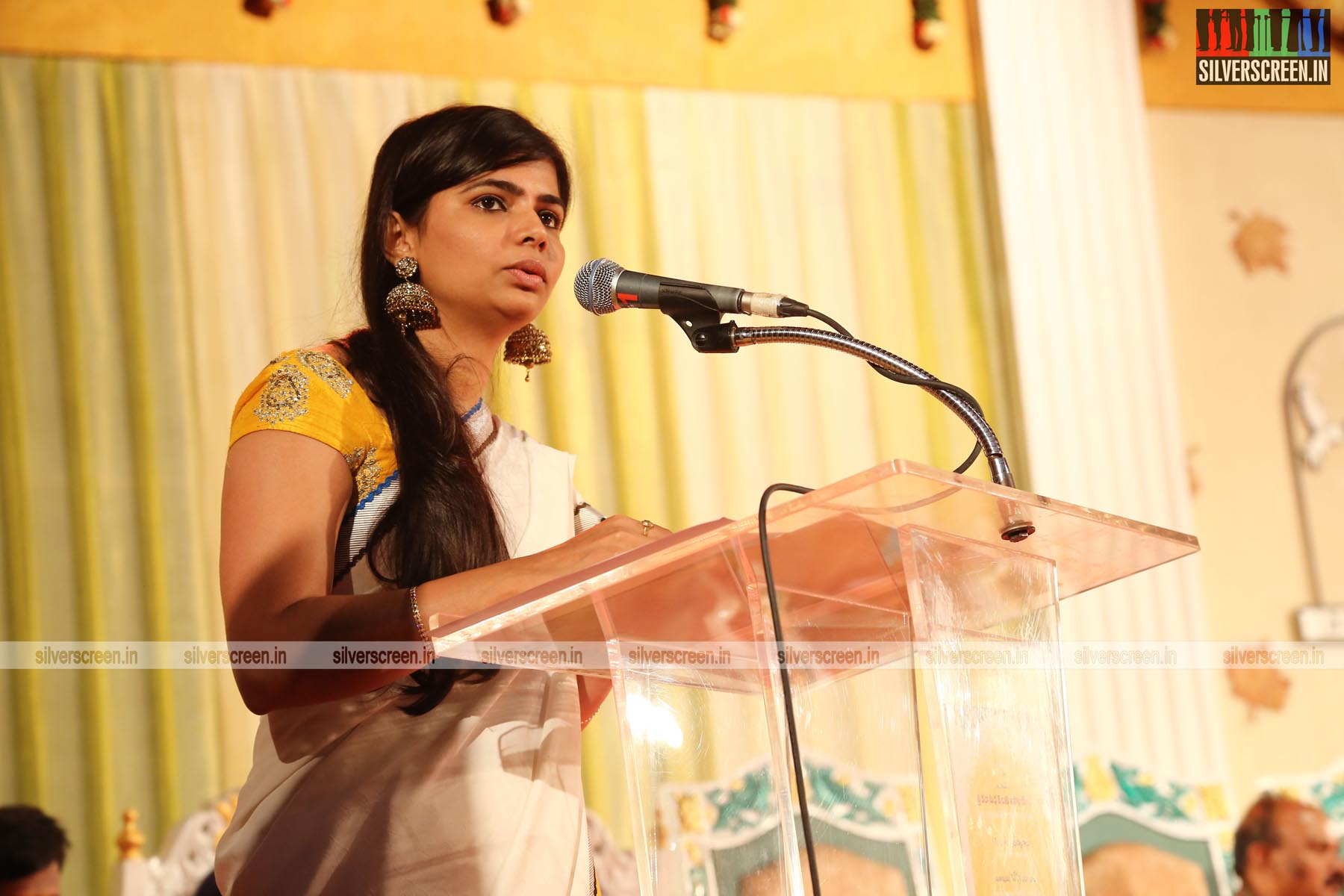This is part of the series where Silverscreen will recommend films, documentaries, shorts, songs or scenes from seminal films that make a compelling watch.
A young woman kills herself on the night before her wedding in the debut film of cinematographer-turned-filmmaker Rajeev Ravi. The next morning, her lover, a slender man from another religion, who had been locked up in a police station cell for a crime he didn’t commit, comes running to meet her, only to see her lifeless body placed on her house’s narrow courtyard. In slow motion close-up shots, you see the broken man’s pale face. He breaks down, leaning against his friend. We do not hear the wail, or anything, but a mellow score that summarizes the man’s pain.
There has not been many love stories from this decade’s Indian cinema that affected me like how Annayum Rasoolum (2013) did. Like every doomed tale of star-crossed lovers, it resembles the Shakespearean tragedy Romeo-Juliet. Yet it manages to take you by surprise. The story-telling is sensitive and sublimely subtle. At a time when a 23-year-old man was hacked to death a day after his wedding to a girl from a higher caste, it is timelier than ever to talk about this realistic drama that like an ideal work of art, helps one understand life and the society, and make sense of human emotions.
In the first glance, it is an ordinary love story. Boy meets a girl, follows her until she gets used to his presence and conveys her interest. They are from different religions, and it is not easy for them to start a life together. The difference is, predominantly, in the character constructions. Every character, big and small, are well-defined and developed to the extent that they appear lifelike, as though their existence isn’t confined to the running time of the film. They are firmly rooted in the politics and social nuances of their surroundings, and through them, the film makes vivid notes of the time the story is set in.
In Annayum Rasoolum, Ravi departs from conventional techniques of portraying drama in Malayalam commercial cinema that he later embraced in Kammattipadam. Madhu Neelakantan’s cinematography is brilliantly low-key, using a lot of hand held shots and gently desaturated texture. And the city becomes a steady character in the film. Rasool (Fahadh Faasil) is a taxi driver who navigates the main roads of Ernakulam and streets of Kochi. After he stumbles across Anna (Andrea Jeremiah) one evening inside a church, he starts quietly following her as she commutes from Vypeen to Ernakulam mainland where she works as a sales girl in a textile shop. Annayum Rasoolum is also the story of Kochi’s lower middle class neighborhoods where life walks a thin line between peace and chaos; where youngsters could slip disastrously into the world of crime anytime. The sub-plots of the film elaborates on the life of different kinds of men in Rasool’s milieu who find their freedom and ambitions clamped down by an insensitive societal system.
Recommended
Rajeev Ravi’s film makes stark observation on the life of women in small-town households where patriarchy runs a tight ship. Anna is surrounded by people, yet she suffers from severe loneliness. While Rasool has friends and well-wishers to back him through his pursuit of love, Anna has none. Her brother is a wayward youth, full of misplaced angst and aimlessness that has come to be the characteristic of the space and community he lives in. Her father is a glum faced man who barely speaks. But through the cold stares he gives her, he tells her that she is just a domestic animal he keeps in his house, one who doesn’t have the freedom to take decisions regarding her life. Rasool becomes her bridge to a world that she had never known before, freer and loaded with possibilities.
Rajeev Ravi adds a pinch of Marquez to their love story. The day Rasool conjures up the courage to open up to her in an unsophisticated one line, he falls sick. Love burns him like how it burned Florentino Ariza of Love In The Time Of Cholera. And Anna lets him know of her interest through a blank SMS, like the timid girl she has always been.
One of the highlights of the film is Zammilooni, a melancholic song that proceeds like a loud mourning, sung by Shahabaz Aman in his voice that drips with grief. Love is death, it warns. In the light of the recent events, we can only nod in agreement.
***
Also read:
The Timelessness Of Onnu Muthal Poojyam Vare
‘Before My Eyes’, Mani Kaul’s Ode To Kashmir
A Group Of Youngsters Dissect The Idea Of India In ‘I Am 20’



